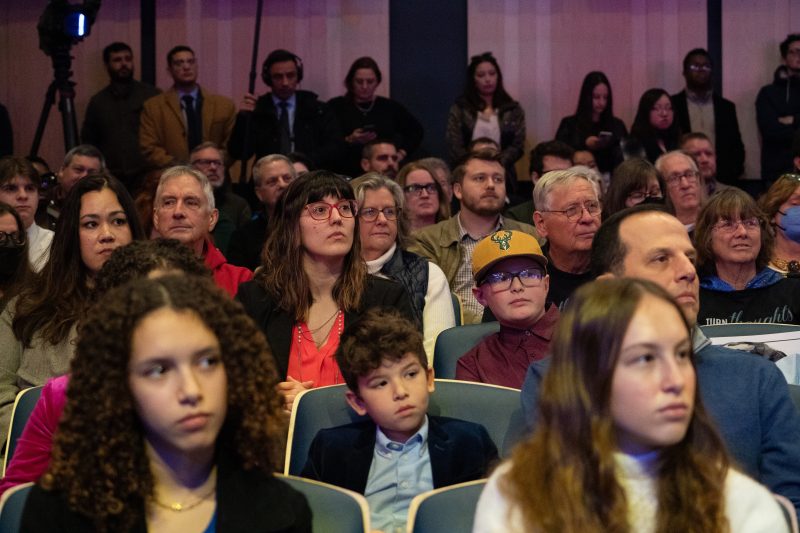The modern political landscape is heavily influenced by generational skepticism, a concept that has gained significant traction in recent years. The generational divide has become increasingly pronounced as younger generations question the intentions and effectiveness of the political establishment. This skepticism is shaping the dynamics of the upcoming 2024 race in ways that are likely to have a lasting impact on the future of American politics.
One of the key factors driving generational skepticism is the perceived failure of traditional institutions to address pressing issues such as climate change, income inequality, and social injustice. Younger voters, in particular, are disillusioned with the status quo and see the political system as inefficient and unresponsive to their concerns. This growing sense of disillusionment has fueled a desire for change and a willingness to consider alternative political candidates and ideologies.
The rise of social media and online platforms has also played a significant role in shaping generational skepticism. These platforms have provided a space for dissenting voices to be heard and have enabled the spread of alternative viewpoints and narratives that challenge the mainstream political discourse. This has created a more diverse and decentralized political landscape, making it harder for traditional political parties and candidates to control the narrative and shape public opinion.
Another important factor driving generational skepticism is the legacy of past political failures and broken promises. Younger voters have experienced firsthand the consequences of policies that have failed to deliver on their promises, such as the 2008 financial crisis and the ongoing student debt crisis. This has eroded trust in the political system and has made younger voters more skeptical of grand promises made by politicians.
In the 2024 race, generational skepticism is likely to play a significant role in shaping the outcome. Candidates who can tap into this sentiment and offer a compelling vision for change are likely to attract support from younger voters who are looking for new and innovative solutions to the challenges facing society. Conversely, candidates who are seen as representing the status quo or who fail to address the concerns of younger generations are likely to struggle to garner support.
Overall, generational skepticism is a powerful force that is reshaping the political landscape in profound ways. As the 2024 race approaches, candidates and political parties will need to adapt to this new reality and find ways to engage with younger voters on their own terms. Failure to do so risks alienating a crucial segment of the electorate and missing out on the opportunity to shape the future direction of American politics.
